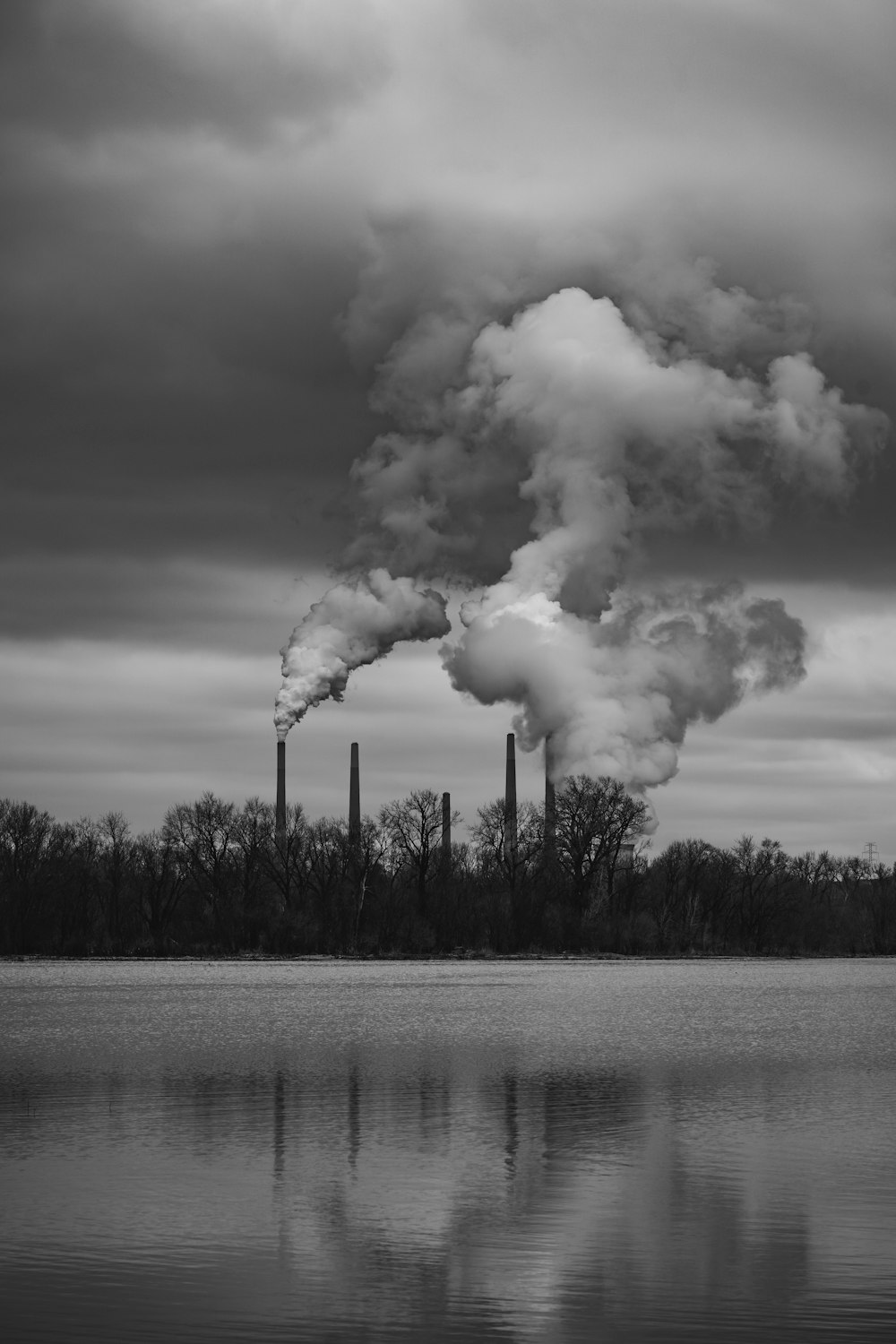21 The Industrial Revolution
The Industrial Revolution
Following 1850, the Industrial Revolution entered a more fast paced period of invention. Scientists and engineers working in laboratories began to replace people working in the field. Machines began to perfect the work that people used to do. Mass production and assembly lines began to change the work that people did. These machines were faster and more precise than individuals who may have previously assembled similar things or done similar work. So this is progress but also a major change in the work that people did and the kinds of work that was available. There was a growing need for raw materials to feed these machines, which led to Imperialism. This growth in industry leads to demands for and growth in communication and transportation. The telegraph and then radio come into use. Railroads greatly expanded. Automobiles become more readily available. The Wright brothers fly. Rapid growth of industry leads to changes in business as corporations take the place of individual businesses.
“The Industrial Revolution: Crash Course European History #24.” YouTube, Uploaded by CrashCourse, 5 Nov. 2019.

Capitalism, Modernization, and Industrialization
As Western societies transitioned from pre-industrial economies based primarily on agriculture to industrialized societies in the 19th century, some people worried about the impacts such changes would have on society and individuals. Three early sociologists, Max Weber, Karl Marx, and Emile Durkheim, envisioned different outcomes of the Industrial Revolution on both the individual and society and described these effects in their work.
Weber and Rationalization
Max Weber was particularly concerned about the rationalization of society due to the Industrial Revolution and how this change would affect humanity’s agency and happiness. Weber’s understanding of rationalization was three-fold: first, as individual cost-benefit calculations; second, as the transformation of society into a bureaucratic entity; last, and on a much wider scale, as the opposite of perceiving reality through the lens of mystery and magic (disenchantment). Since Weber viewed rationalization as the driving force of society and given that bureaucracy was the most rational form of institutional governance, Weber believed bureaucracy would spread until it ruled society.
As Weber did not see any alternative to bureaucracy, he believed it would ultimately lead to an iron cage : there would be no way to escape it. Weber viewed this as a bleak outcome that would affect individuals’ happiness as they would be forced to function in a society with rigid rules and norms. without the possibility of change.
Related to rationalization is the process of disenchantment, in which the world is becoming more explained and less mystical, moving from polytheistic religions to monotheistic ones and finally to the Godless science of modernity. Those processes affect all of society, removing “sublime values … from public life” and making art less creative.
Marx and Alienation
Karl Marx took a different perspective on the Industrial Revolution. According to Marx, a capitalist system results in the alienation (or estrangement) of people from their “species being.” Species being is a concept that Marx deploys to refer to what he sees as the original or intrinsic essence of the species, which is characterized both by plurality and dynamism: all beings possess the tendency and desire to engage in multiple activities to promote their mutual survival, comfort and sense of inter-connection
In a capitalist society (which co-evolved with the Industrial Revolution), the proletariat, or working class, own only their labor power and not the fruits of their labor (i.e. the results of production). The capitalists, or bourgeoisie, employ the proletariat for a living wage, and, in turn, they keep the products of the labor. A major implication of this system is that workers lose the ability to determine their lives and destinies by being deprived of the right to conceive of themselves as the director of their actions, to determine the character of their actions, to define their relationship to other actors, and to use or own the value of what is produced by their actions. This is what Marx refers to as alienation.
Durkheim and Solidarity
Similar to Weber and Marx, Durkheim also believed that the societal changes brought upon by industrialization could eventually lead to unhappiness. According to Durkheim, an important component of social life was social solidarity, which can be understood as a sense of community. For example, in his classic study, Suicide, Durkheim argued that one of the root causes of suicide was a decrease in social solidarity, a phenomenon which Durkheim referred to as anomie (French for chaos). Durkheim also argued that the increasing emphasis on individualism in Protestant religions – in contrast to Catholicism – contributed to a corresponding rise in anomie, which resulted in higher suicide rates among Protestants than among Catholics.
According to Durkheim, the types of social solidarity correlate with types of society. Durkheim introduced the terms “mechanical” and “organic solidarity” as part of his theory of the development of societies in The Division of Labour in Society (1893). In a society exhibiting mechanical solidarity, its cohesion and integration comes from the homogeneity of individuals—people feel connected through similar work, educational and religious training, and lifestyle. Mechanical solidarity normally operates in “traditional” and small scale societies. Organic solidarity comes from the interdependence that arises from specialization of work and the complementarities between people—a development which occurs in “modern” and “industrial” societies. Thus, organic solidarity is social cohesion based upon the dependence individuals have on each other in more advanced societies. Although individuals perform different tasks and often have different values and interest, the order and very solidarity of society depends on their reliance on each other to perform their specified tasks.
Adapted from Capitalism, Modernization, and Industrialization by LibreTexts is licensed CC BY-SA
Questions to Consider: How do you think people of that time felt about the changes? How does it compare to how people today think about technology taking jobs that people did?
